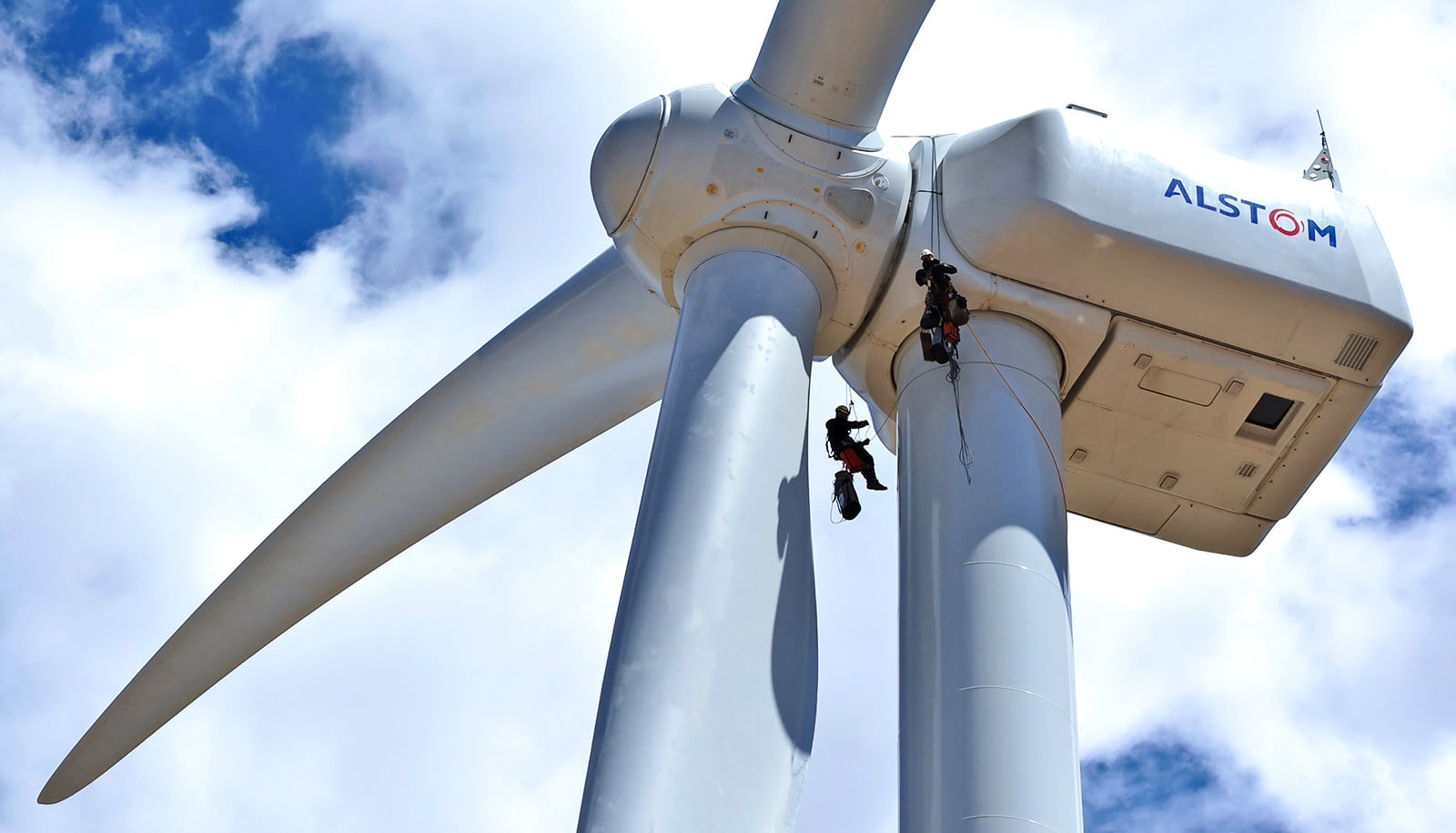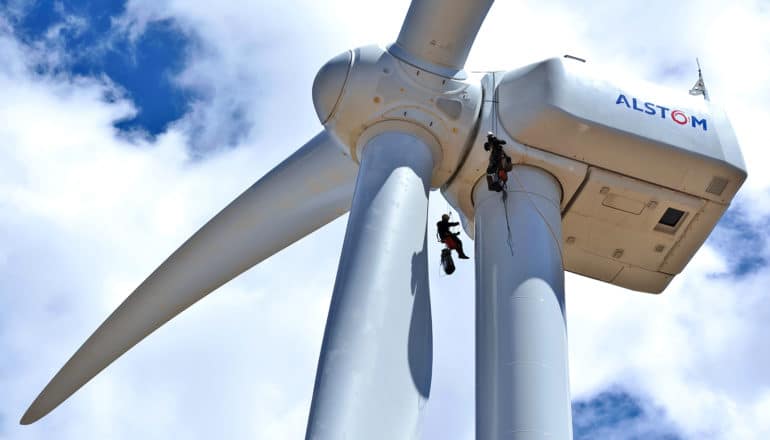
"Glass fiber composites are widely used lightweight materials for cars, trucks, and wind turbines, and we can make these parts even lighter," explains researcher Liang Qi. (Credit: Science in HD/Unsplash )
Machine learning predicts glass density and stiffness
A new way to predict the density and stiffness of glasses could offer better reinforcing fibers for composite materials in automobiles and wind turbines.

A new machine learning model can predict the density and stiffness of glasses.
This information can aid in the design of better reinforcing fibers for strong and lightweight composite materials in automobiles and wind turbines.
Here, Liang Qi, a professor of materials science and engineering at the University of Michigan, answers questions about his group’s new paper in npj Computational Materials:
The post Machine learning predicts glass density and stiffness appeared first on Futurity.
Share this article:
This article uses material from the Futurity article, and is licenced under a CC BY-SA 4.0 International License. Images, videos and audio are available under their respective licenses.


